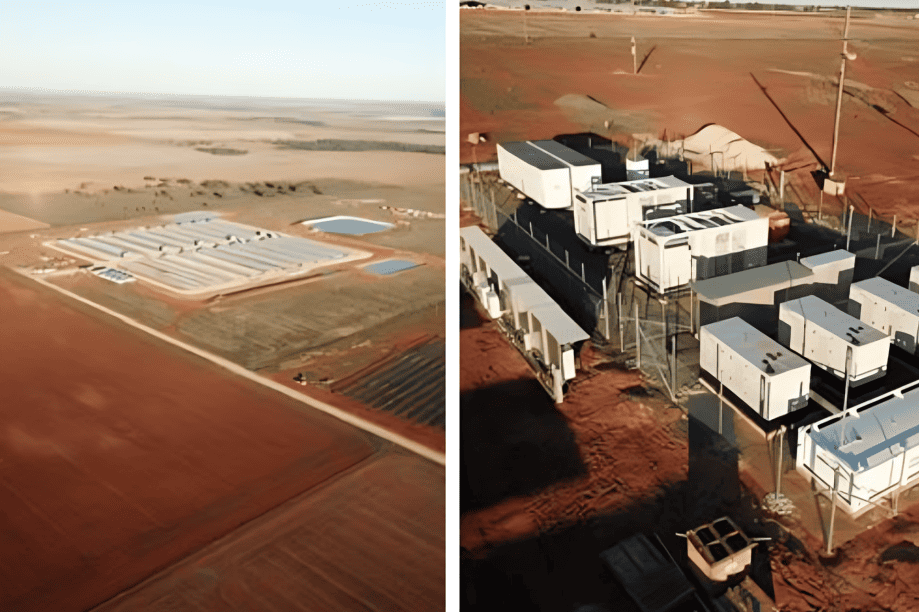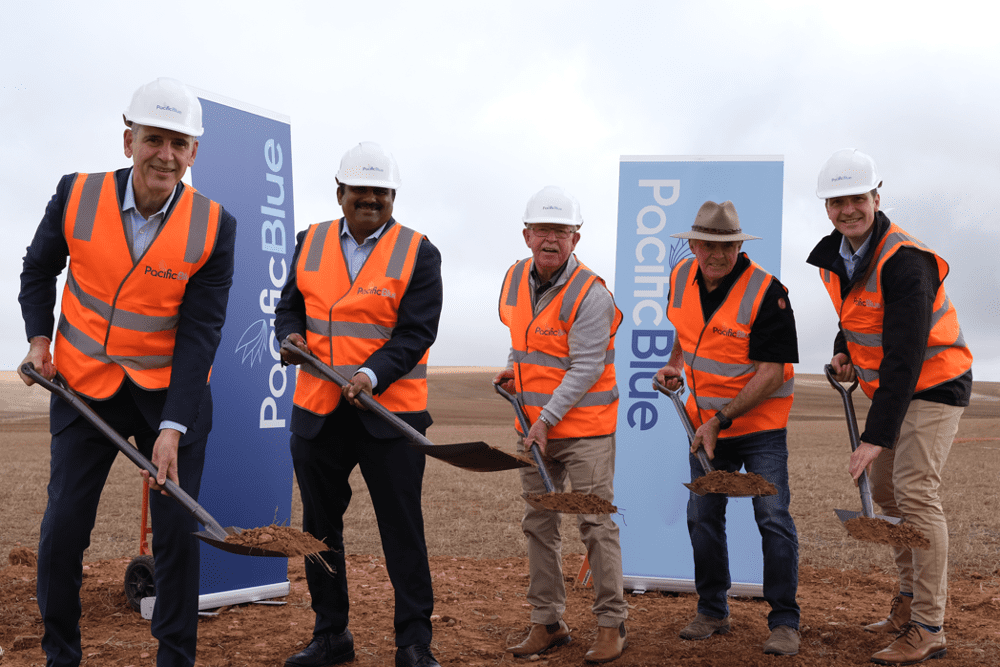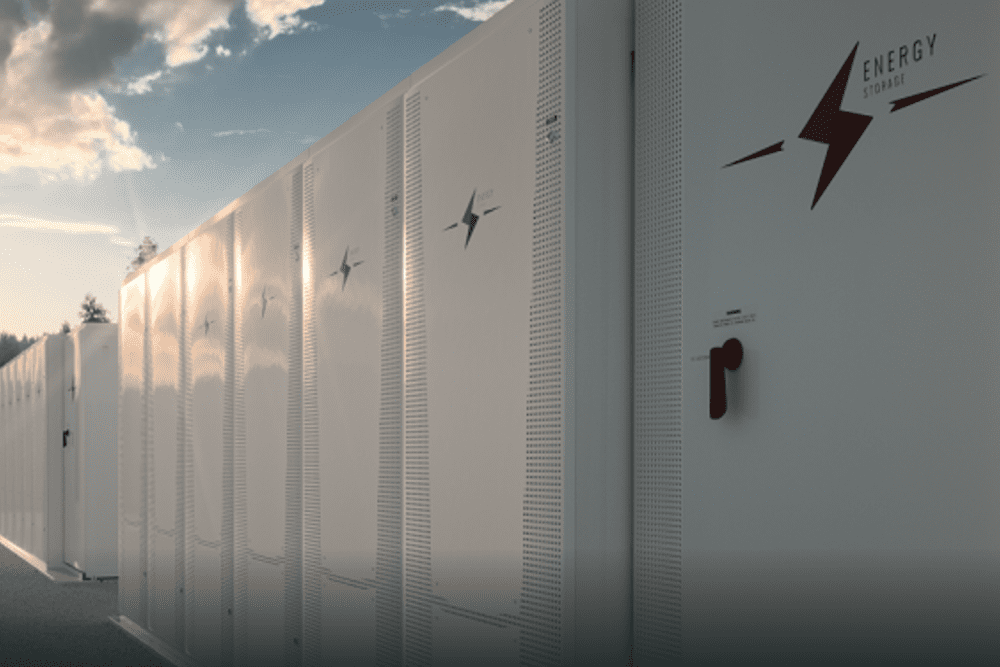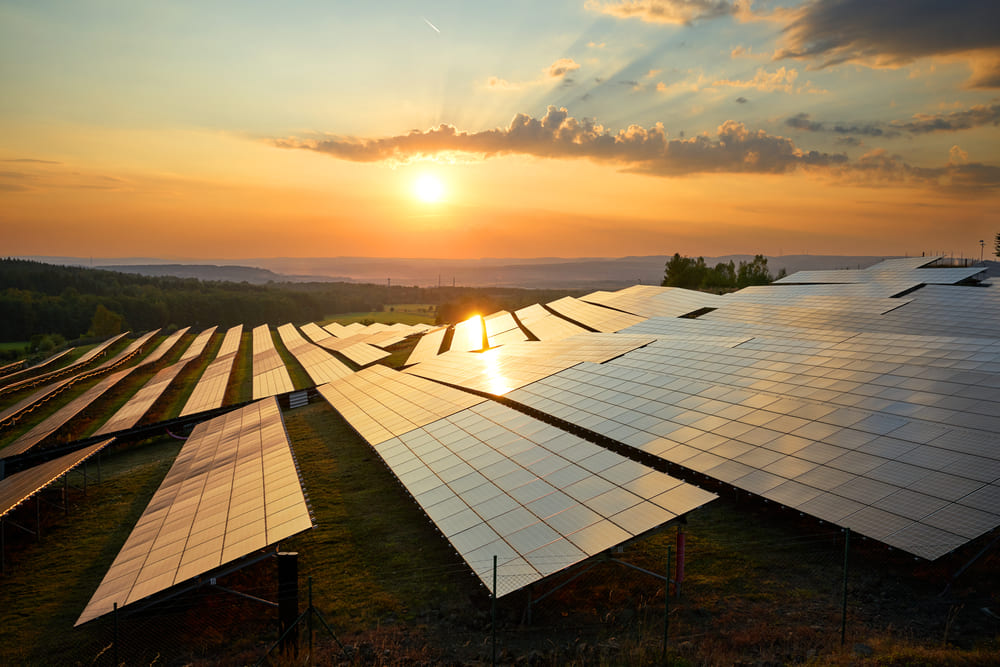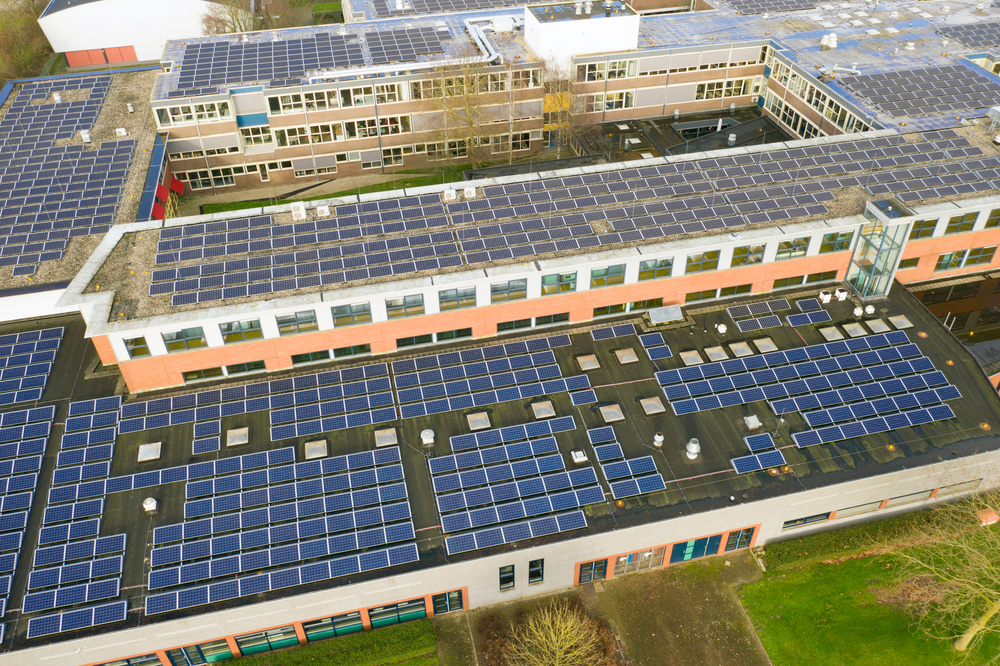
Western Australian schools are now able to apply for grants for the Government of Western Australia’s $44.6 million Schools Clean Energy Technology package.
By combining solar panels and batteries, schools will be able to become virtual power plants, allowing them to feed clean energy back into the local power grid during peak demands.
Australian Parents for Climate Action CEO Nic Seton said it is a massive step in the right direction, as more of the thousands of hectares of roof space on Australian schools and early childhood centres is ready made for local solar power generation. However, he raised concerns about the processes state governments are using to decide which schools are able to pilot virtual power plant programs.
“We’ve seen two different approaches to this in WA and NSW, and both create energy equity issues, but there is a solution,” said Mr Seton.
“In WA, schools are required to apply for grants, which requires administration, paperwork and significant amounts of time from schools – usually from already overstretched principles. Not all schools are well resourced enough to be able to engage in these grant application processes.”
“Meanwhile, the NSW virtual power plant schools pilot did not have an open grant application process, and instead fell victim to pork barreling. It was reported by The Guardian that 90% of schools selected as part of the $20m pilot to fund solar power systems were in Coalition-held seats.”
“Energy equity is increasingly becoming a hot button topic. Whilst we applaud the NSW government for taking the steps to adopt clean energy solutions, the benefits of moving to a clean energy economy shouldn’t be tied to the voting record of your community. We elect our governments to rule fairly for all.”
“Planning for renewable energy in schools should not be about who has time to apply for grants, or worse – the strategic political value of a school’s postcode. That only worsens inequality.”
“All sides of politics can see the value in Solar Our Schools. Embracing renewable energy is sensible – it creates jobs, saves money from schools’ energy bills to put towards more teachers, and creates community resilience by allowing schools to become virtual power plants”.
“The Morrison government wants future technology to provide the solutions to climate change. We already have the required solar and battery technology to start making this change right now.”
“The worst areas for energy inequality are remote arid communities in NT, where residents can’t even afford to keep their electricity on. Diesel run power generators in remote communities are exorbitantly expensive. This is a dire human rights issue our federal government must address, and can be through supporting school virtual power plants in these remote communities.”








